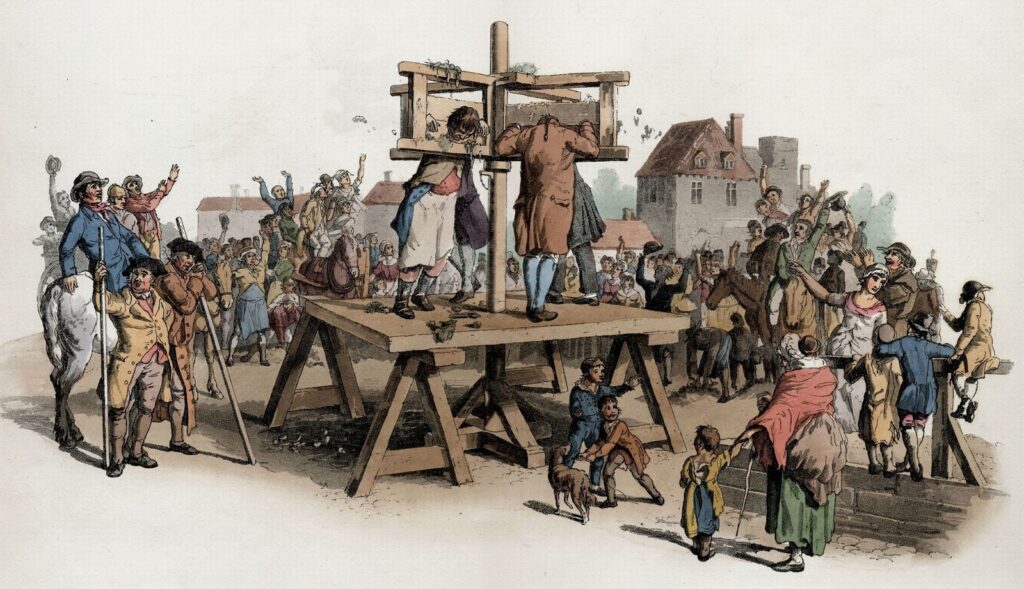INTRODUCTION
The present modern age has contributed many means for the progress of the civilized human community, starting with cultural and social development to the advancement in science and technology. The evolution of mankind introduced positive developments within the civilization for its improvement but it also paved way for the commission of crimes. As a result, our disputes manifest themselves in the form of violence in the community, culminating in the establishment of an effective criminal justice system.
EVOLUTION OF CRIME AND PUNISHMENT

Crime, in general, is defined as a “violation of right, considered in reference to the evil phenomenon of certain infringements in relation to society as a whole.”[1] Eminent Sociologist, Emile Durkheim once said, “To think of a crime-free society is a myth”, and the credibility of her argument is obvious when taken acknowledgment of evolving definition of crime. As a result, in terms of preventing the commission of an offense and safeguard the community at large from the perpetrators, each offense has a varied mode of punishment which includes excruciating agony that far surpasses the enjoyment derived by the offender from his criminal act.[2]
Moreover, the key issue that today’s criminologists are debating is whether existing modes of deterrence must constitute the predominant tool for dissuading criminality or whether substituted or supplemented by far more adaptable restorative, therapeutic, and defensive design.
The criminal justice system’s punitive techniques have always centered on the use of punishments, which, throughout history consistently included deprivation of freedom. No punishment and penalty shall be imposed on a person in a welfare society until it creates social deterrence and function.
Despite the best efforts of jurists like H.L.A. Hart, the concept of ‘punishment’ (in much the same way as that of a ‘crime’) remains hard to define with a degree of accuracy. The object of punishment varies because of different theories.
The Supreme Court of India has, however, in Ram Narayan Singh v. The State of Delhi and Anr., stated: “The main purpose of inflicting punishment on the convicted is to impose such a notion on him that undertaking and committing offenses shall not provide benefit as it is in opposition to not only his personal interest but also in violation of interest of the society.”[3]
[1] IV William Blackstone, Commentaries on The Laws of England, 5 (1765).
[2] N.V. Paranjape, Crime and Punishment: Trends and Reflections 229 (Lexis Nexis, 1st ed. 2016).
[3] (1973) 2 SCC 86.






